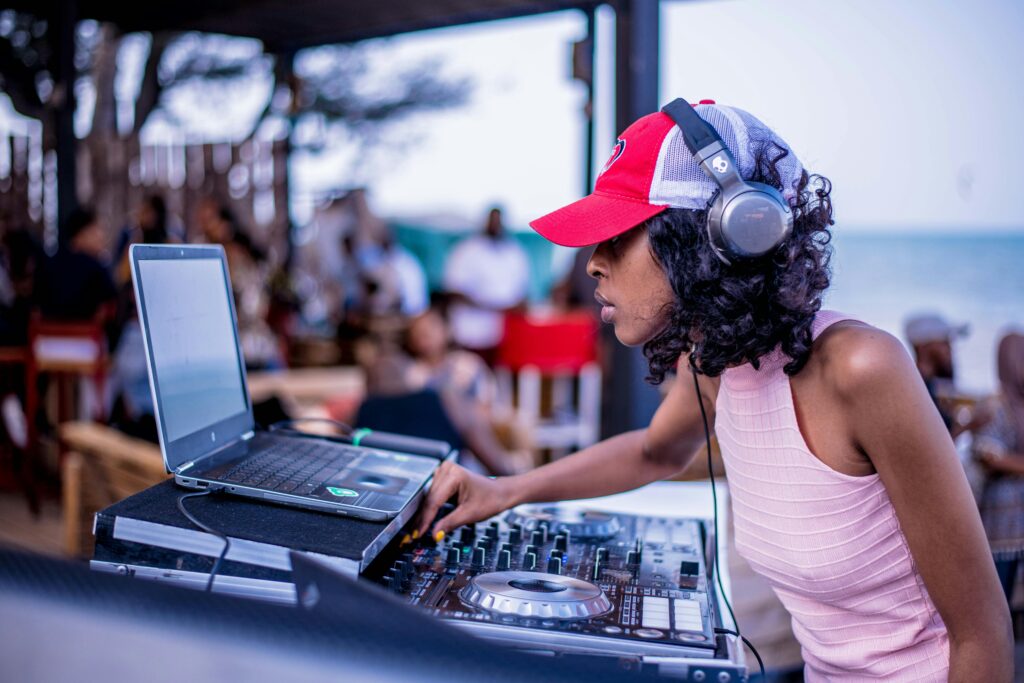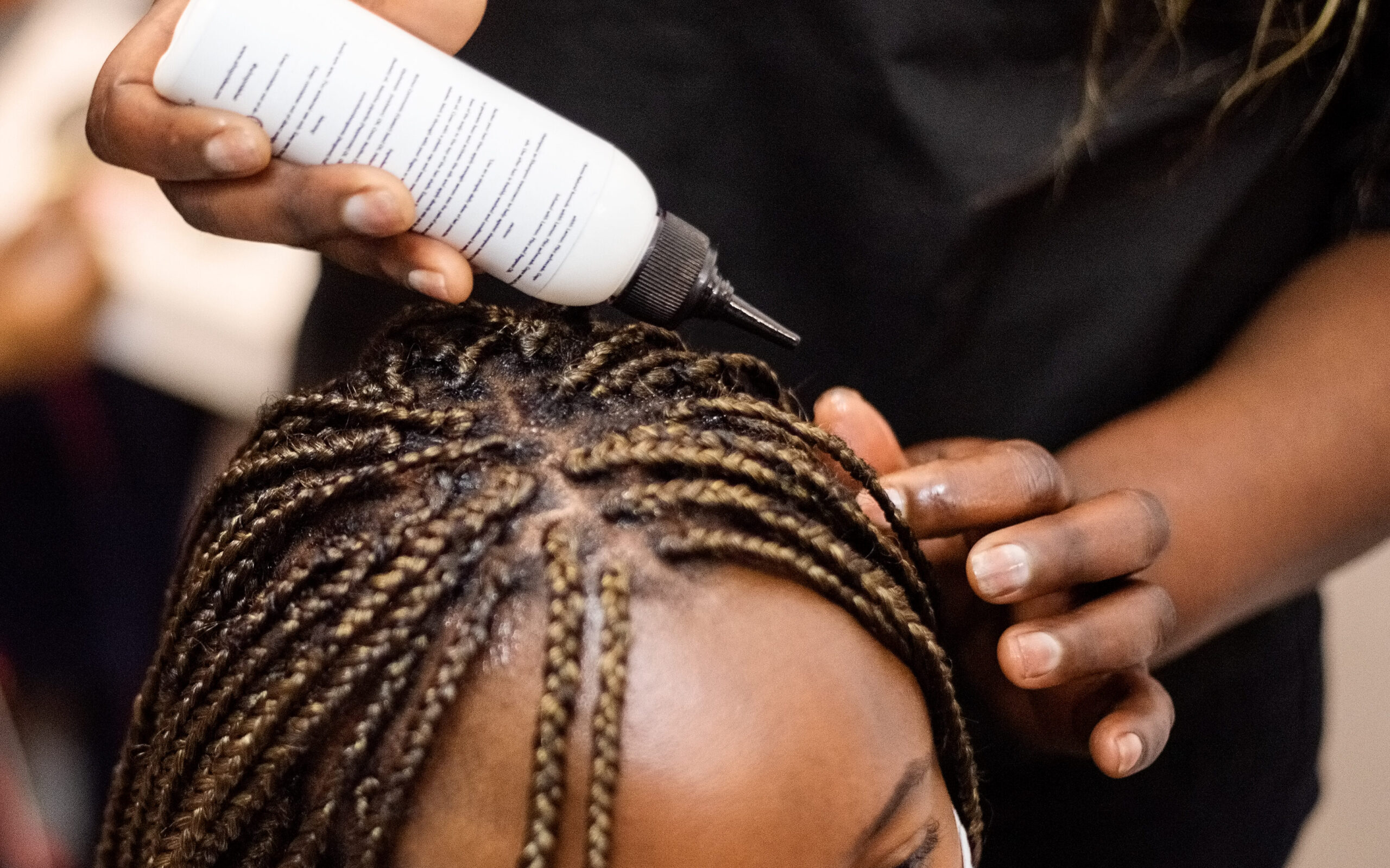It has always been publicly assured that AI is supposed to augment human work, not replace it. However, it’s hard to ignore more and more companies laying off entire teams while actively investing in AI-driven tools that reduce the need for human input. AI has become cost-efficient and time-saving, which has completely reshaped the workforce quickly and unexpectedly. More and more employees are scrambling to figure out their next move before their roles sink, which can be scary. This is particularly true for Black women, who face racial inequality and discrimination during the hiring process across all markets.
The occupations reported to be the most AI-proof largely consist of medical and blue-collar jobs, which typically require more physical or hands-on work. You will never be able to replace a social worker doing in-home checks, working in rehabs, or providing the community with food or other services. But while skilled trades like electricians, plumbers and mechanics are certainly safe, it’s not a realistic pivot for many. Plus, if too many displaced workers start moving into those fields, they’d eventually become oversaturated and overly competitive. If you’re fearing for your job security and looking for more options, here are more avenues to explore that ultimately rely on human input.
4 Job Industries Safe From AI
While it can be scary to adjust to the idea of AI, business coach Fi Simler has spoken to how impossible it is, noting, “Every industry will feel AI’s fingerprints in some way. At this point, it’s apparent that it’s not an overhyped trend, but the new baseline. We can’t put the genie back in the bottle, and pretending we can is wasted energy.”
According to Simler, the smartest move to refine the skills that AI can’t replicate. Simler says critical thinking, creative problem-solving, interpersonal skills, and judgment honed through lived experience are key. In fact, 70 percent of employers named creative thinking the most in-demand skill of 2024. At the end of the day, it’s the human touch, such as empathy, nuance, and genuine connection, that makes work irreplaceable. Beyond these skills, there are plenty of industries that first and foremost value human input.
Health Care

Think: Nurses, doctors, therapists, and counselors. While many ChatGPT users have begun using the platform in a therapy-like manner, nothing that replace a well-studied health professional. We need everything from surgeons and psychiatrists to physician assistants and middle school counselors. These skills and workers are irreplaceable.
Education

Think: Teachers, instructors, and school administrators. At the end of the day, you’re not going to expect a screen to teach and shape the minds and spirits of your children. Education is always going to be a society’s utmost priority, and teachers of every grade hold firm when it comes to their societal roles.
Creative

Think: Musicians, artists, writers, and journalists. As often as AI songs go viral, they can never replace the artists who give society color, vibrancy, and meaning. Fans are what maximize an artists’ potential, and no one is going to rally around a computer. If you have a creative passion burning within you, from painting to screenwriting, do yourself the favor of giving it an outlet. The gloom of modern-day will only call for more heart-driven artists willing to pour their souls into something meaningful.
Personal Services

Think: Hairdressers, cosmetologists, personal trainers, and coaches. AI likely not quite ready to fill your lashes, correct your squat form, or braid a head of boho twists (although that may be coming.) With commitment, resources, and persistence, these skills are easy to learn and can help you build a business completely safe from the takeover of AI. These kinds of hustles also leave you more in charge of your hours, with a career pivot rooted in freedom.